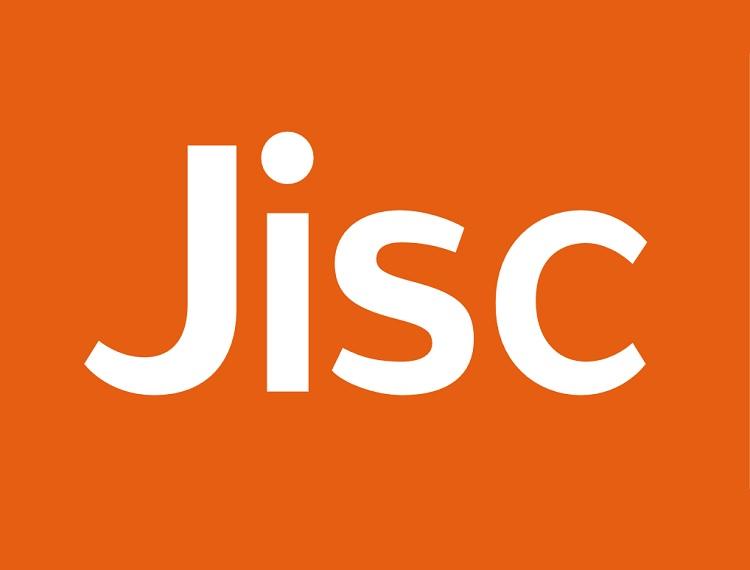Futuristic “Fluid Campuses” on the horizon #FutureOfEducation

Futuristic campuses on the horizon as Janet Network gets equipped with dedicated infrastructure for Internet of Things
Under the arrangement, universities and colleges that use our services can access the long range wide area network (LoRaWAN) type of wireless network, which is specifically intended for IoT technologies.
This allows us to provide education organisations with a dedicated LoRaWAN network and portal, while still being part of the TTN international network.
LoRaWAN is designed to allow connected devices such as sensors and vehicle equipment to communicate small amounts of data over large distances using tiny amounts of power. Because of their low power consumption, these remote sensors or actuators can run for many years on a single battery.
Stimulating innovation
IoT has already enabled new, disruptive services and solutions in areas such as asset tracking, smart environment and smart cities. The aim of this collaboration is to stimulate innovation and accelerate the adoption of low power networking technologies (LPWAN) from the universities and colleges involved.
The collaboration between Jisc and TTN brings together two well-established organisations allowing LoRaWAN connectivity and encouraging innovation. Under the agreement we will run an instance of the public TTN community network server on the Janet Network infrastructure allowing members to manage gateways and sensors via a Jisc dedicated portal.
The agreement is expected to benefit institutions developing an intelligent campus that responds to human and environmental interactions and adapts to meet students’ needs.
Some already use IoT in libraries and for managing the campus, but we are encouraging them to go further as part of our Education 4.0 vision for a campus experience that prepares students for the fourth industrial revolution and beyond.
“Fluid campuses”
Andy McGregor, deputy chief innovation officer, Jisc said:
We are delighted to be working with The Things Network to explore new uses for IoT in higher and further education.
If used ethically and with the involvement and trust of students and staff, then we can use IoT to build more fluid campuses that respond to the needs of students and staff and are more rewarding and intuitive to use. They could also potentially help to cut down on the administrative tasks for researchers and teachers.
The announcement comes ahead of a workshop offering an introduction to LPWAN and LoRaWAN technology run by Jisc in collaboration with Digital Catapult.
The workshop on Friday 15 February 2019, is aimed at people interested in IoT and the intelligent campus. It will also be an opportunity to meet SMEs working in this area and to help shape a Jisc and Digital Catapult initiative, which will be announced at the event, to encourage the education sector to experiment with this technology.
Commenting on this initiative, Andy said:
Through the partnership with TTN, we are looking forward to working with a small number of universities to carry out trials that start to explore some of these possibilities.
Alexander Overtoom, vice president for business development at The Things Industries, said:
We are really pleased to announce this partnership with Jisc, allowing students and researchers to have dedicated access to the public instance of The Things Network. This is going to bring forward many new use cases for the LPWAN industry and foster innovations across the universities involved.











Responses